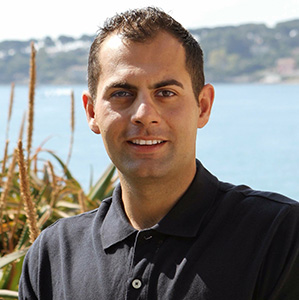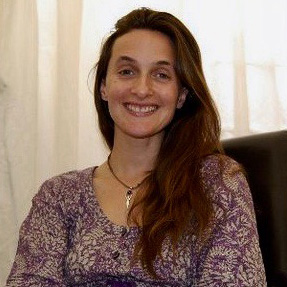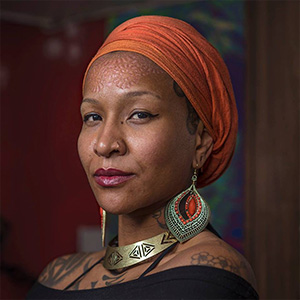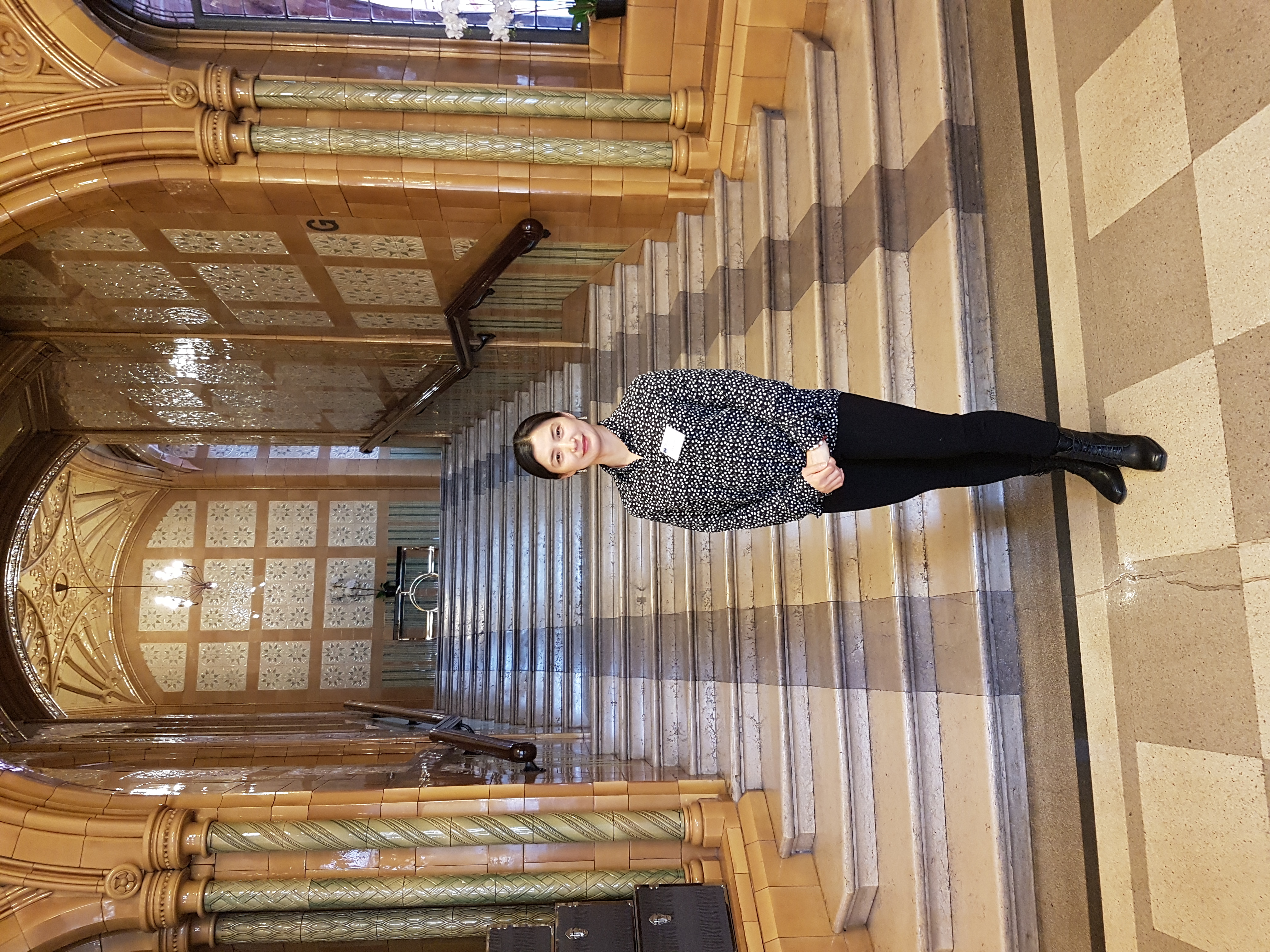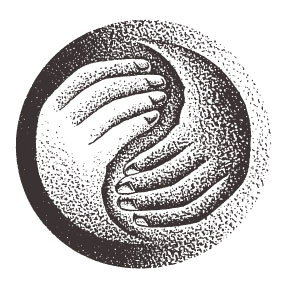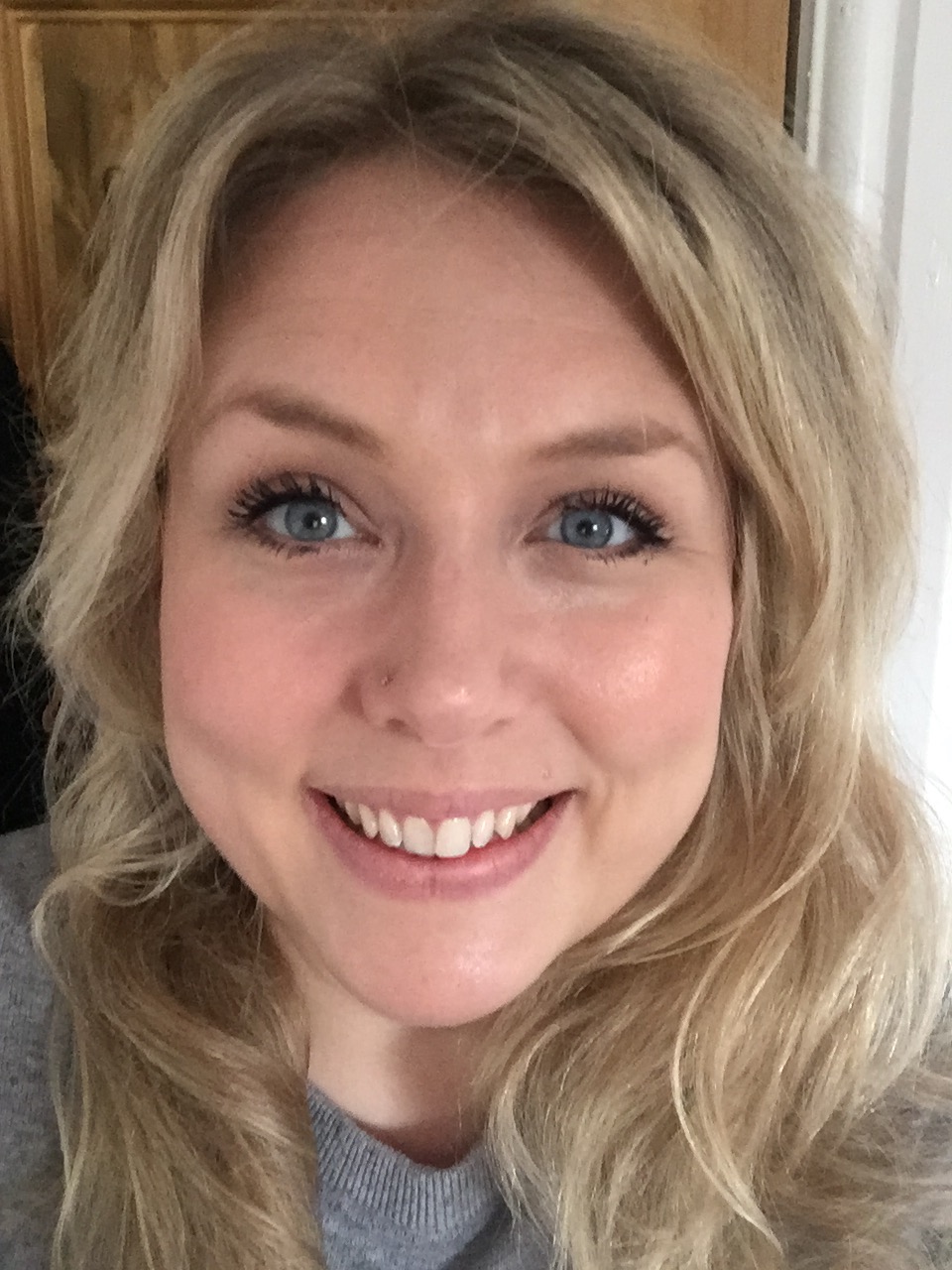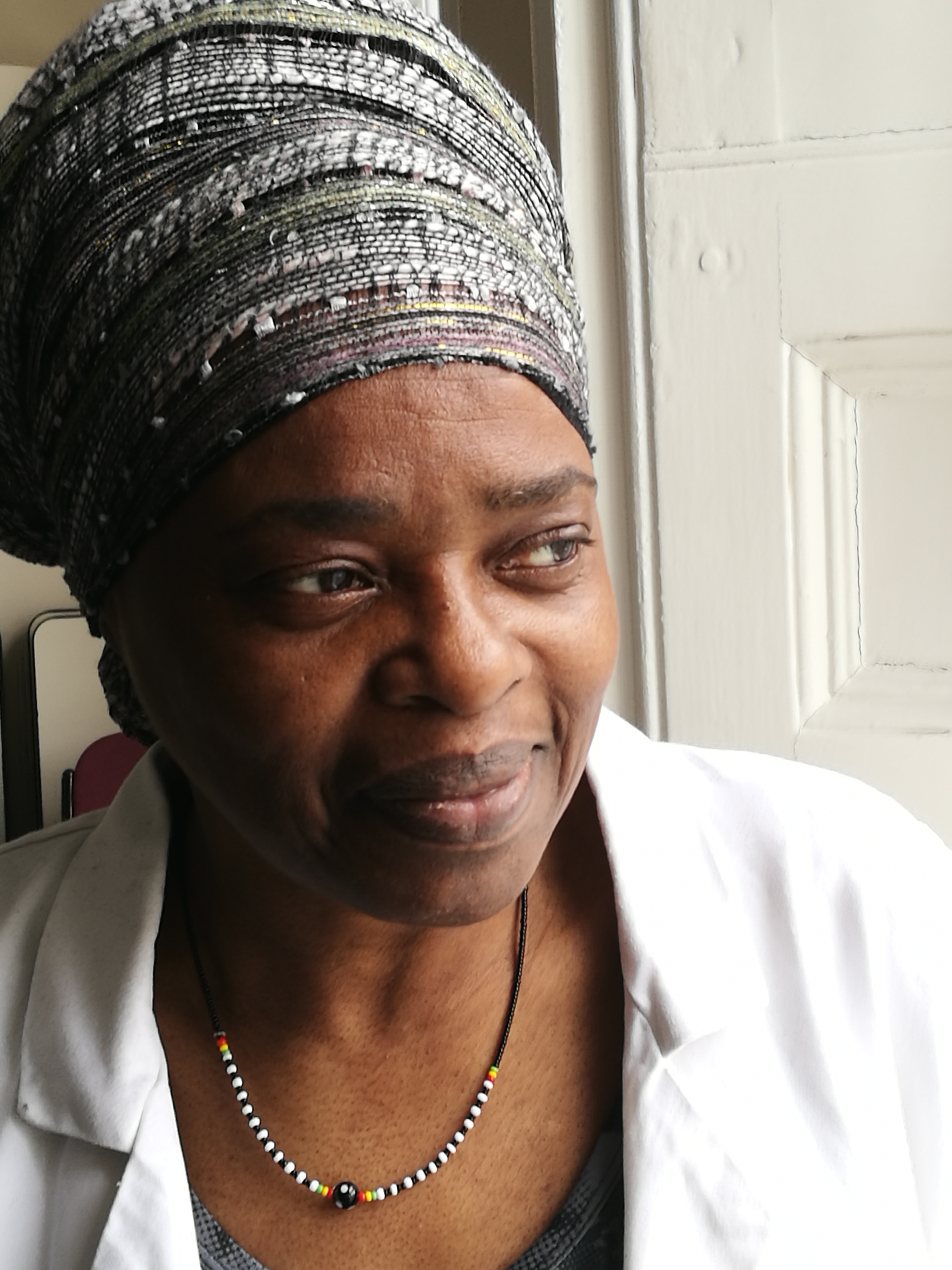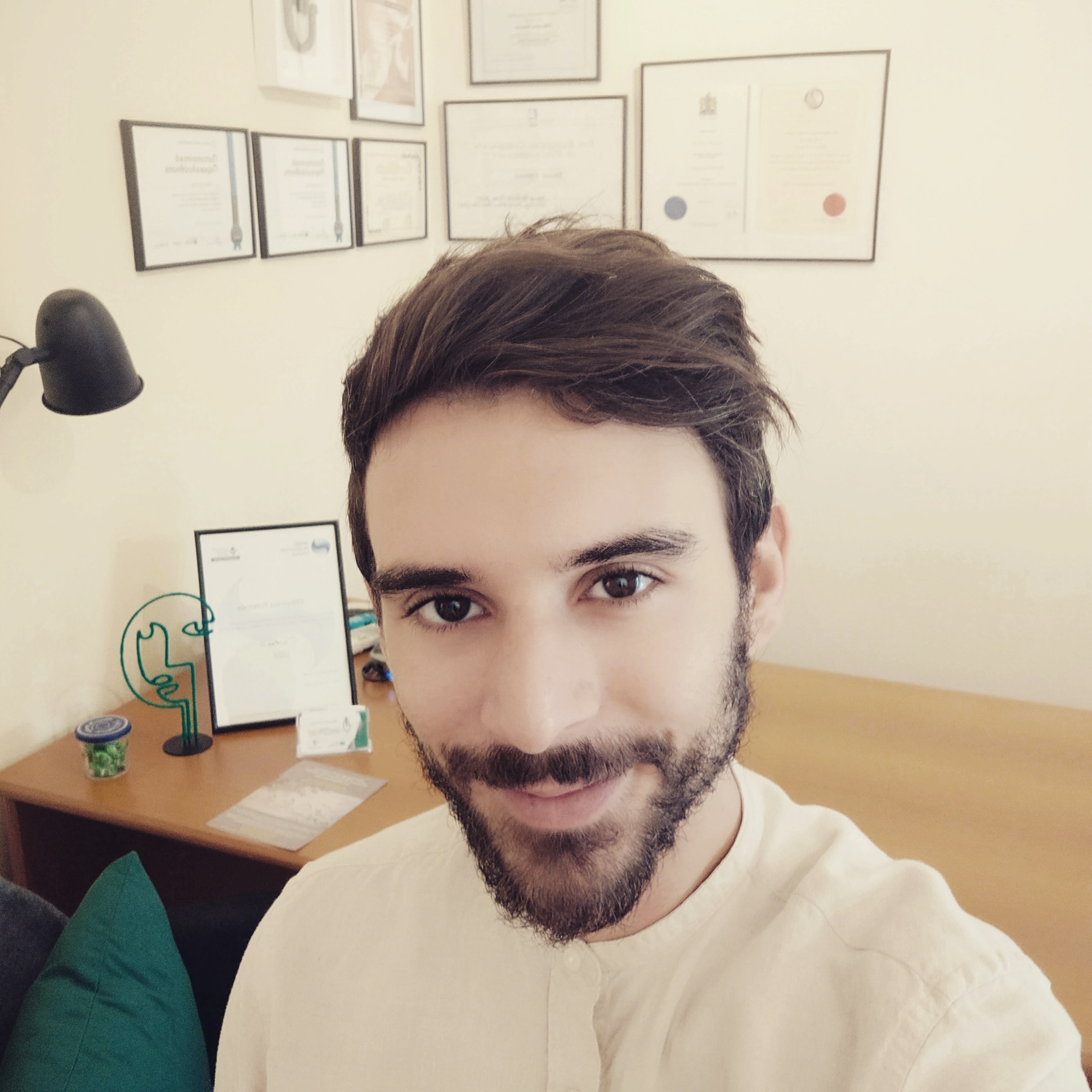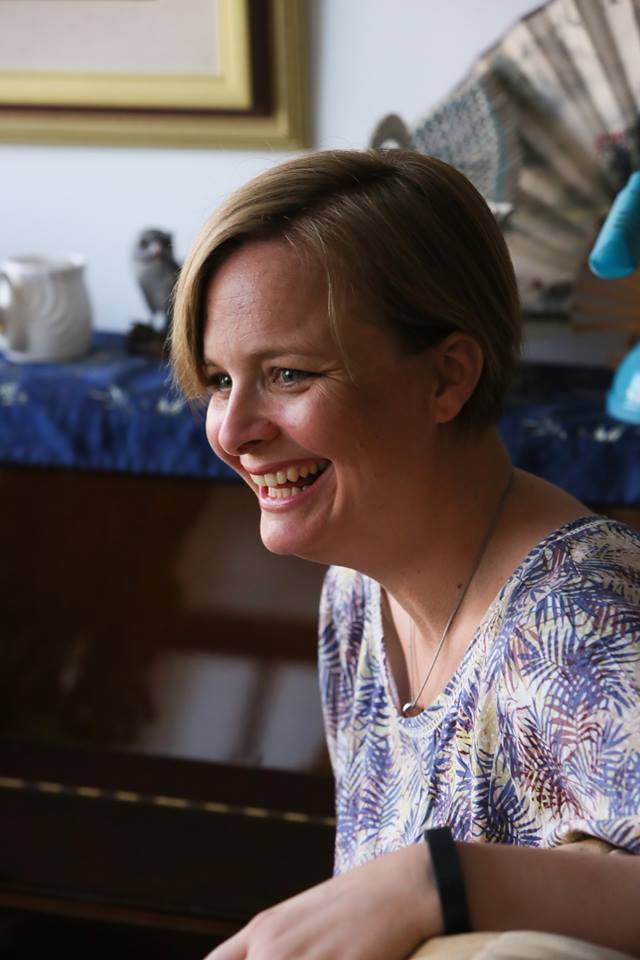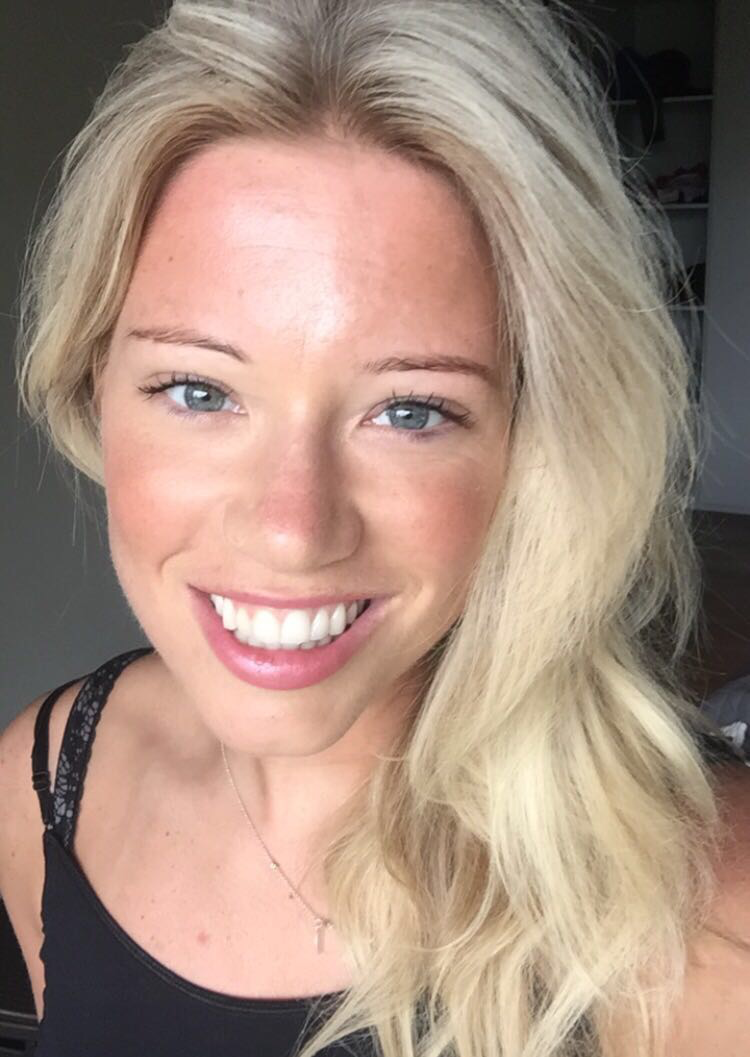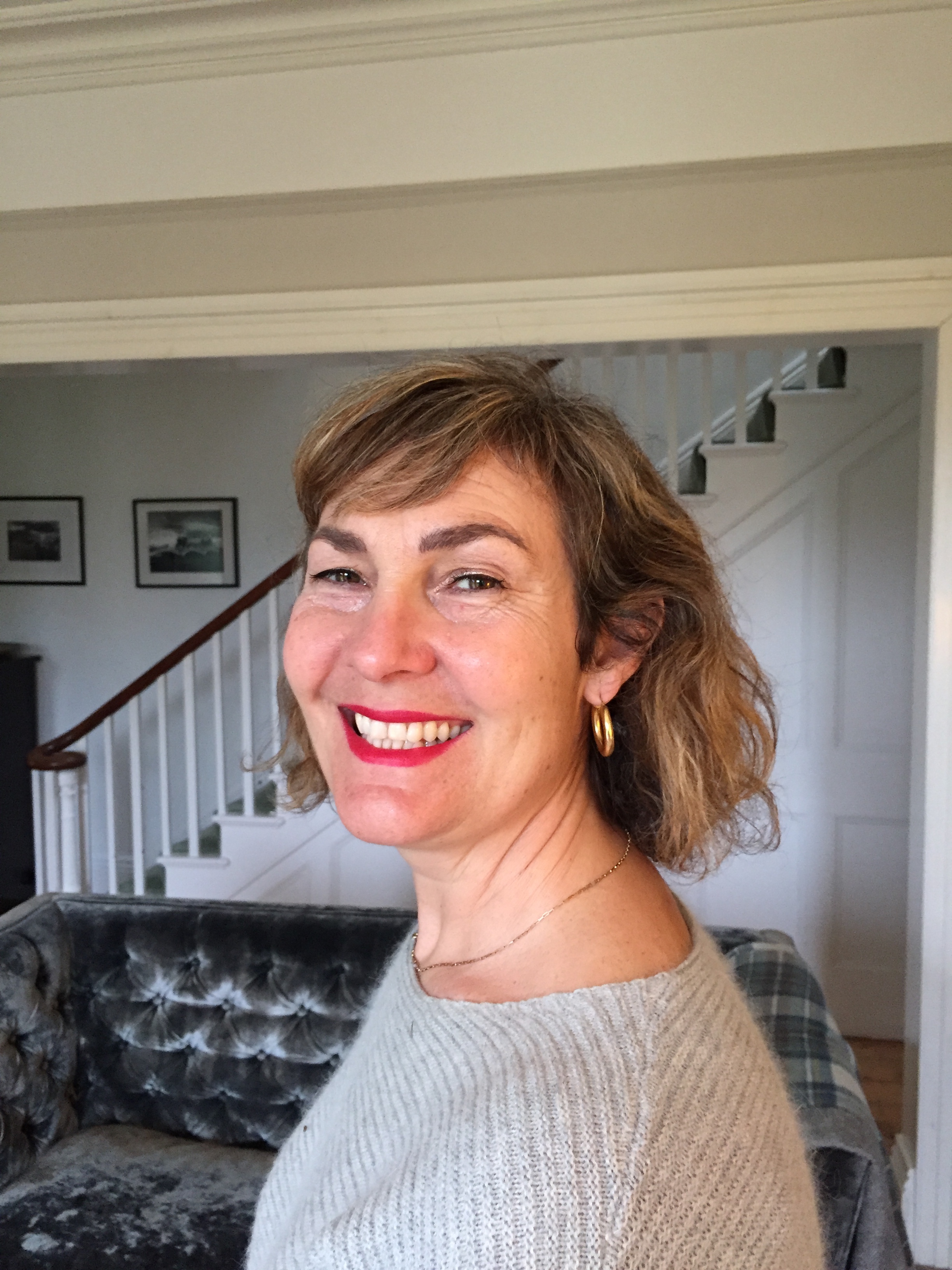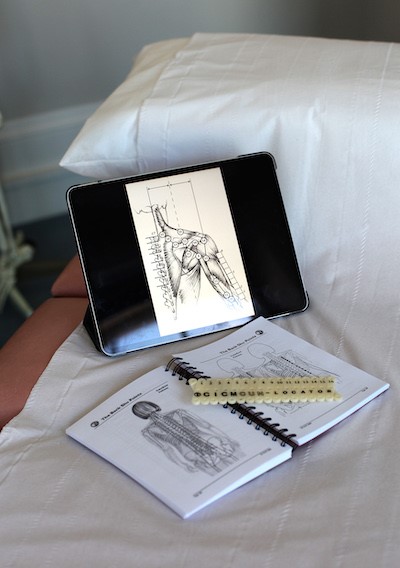
About the course
The next BSc course starts on 14 October 2024.
Due to demand for more online teaching, our courses from now on will consist of approx 70% college attendance and 30% online teaching although this may vary depending on the academic year. For more information contact Jo Brown the Registrar.
The course content brings together two main styles of practice: five element constitutional acupuncture and traditional Chinese medicine (TCM). Five element treats the patient’s deepest constitutional imbalance while TCM treats a range of illnesses. This combination allows you to treat patients with a wide variety of conditions, both chronic and acute. All our handouts are digital copies.
The course is divided into 6 main programmes throughout the 3 years. Below is an overview of these programmes – a more in depth view of each can be found on ‘The curriculum’ page.
1. Chinese medicine
The Chinese medicine programme covers the underlying theory of Chinese medicine. The two large frameworks are five element and yin/yang theories.
Five element theory includes the constitutional type and the associations which identify this. Yin/yang theory includes the substances, the eight principles, the patterns of disharmony, the causes of disease and organ functions.
You will learn other important subjects in this programme. For example, the meridian system, paediatrics, ear acupuncture, obstetrics and the method of taking common diseases and specifying the likely cause of them from the perspective of Chinese medicine.
2. Conventional medical sciences
Our conventional medical science course helps to connect conventional and Chinese medical diagnosis and was developed especially for the college by GP, Dr Clare Stephenson.
The programme includes surface anatomy, physiology, pathology, clinical skills and pharmacology.
- Surface anatomy is used to assist you in point location and safe needle insertion
- Physiology and pathology help you to understand description of a disease and why patients are taking their prescribed medication, enabling you to communicate more effectively with doctors and recognise ‘red flags’
- The study of clinical skills teaches you how to carry out simple tests, such as taking blood pressure to help measure your patients’ progress
- Pharmacology covers the effects of medications on your patients, which may have effects on the pulse and tongue and diagnosis and treatment
3. Point location
In this programme you learn to accurately locate acupuncture points and to develop your palpation skills with sensitivity. For each point you learn a procedure that will lead you to the correct location.
4. Professional practice
In the first year you learn theory and practical diagnostic skills. In the second you make diagnosis using case histories and also your own through interviewing ‘practice’ patients and patients seen in class. In your clinical year, you treat patients in the teaching clinic under the supervision of experienced practitioners. By the end of the third year you are ready to set up your own practice.
5. Acupuncture skills and techniques
This programme includes both diagnostic skills and treatment techniques along with medical qigong.
- Diagnostic skills include pulse taking, tongue diagnosis, questioning, rapport-making and sensory skills
- Treatment techniques include needling, cupping, tuina, moxibustion and guasha
- Medical qigong (translated as ‘energy practice’) is taught throughout the first year. Its purpose is to help practitioners to maintain good health, to be sensitive to their own and others' energy and to be centred for the treatment room
6. Research and reflective practice
This programme supports you to develop the skills you need to help you build a busy practice. It covers many different areas including observing qualified acupuncturists while they treat to help you to gain a sense of what it is like to be an acupuncturist in daily practice.
You study different research paradigms, including both orthodox research and reflective practice and during the third year clinical programme, complete a dissertation on a subject of your choice. You also carry out a research audit of your patients' responses to treatment.
As a result, you develop a reflective attitude towards your practice, while at the same time, contribute towards a body of evidence that will measure the effectiveness of acupuncture.
Published research from previous audits found that 93% of patients reported an improvement in their main complaint.
Throughout the course you will grow and develop personally. Firstly, you apply the Chinese understanding of health and disease to yourself. Secondly, you improve your observation skills, learn to develop good rapport with a wide range of people.

